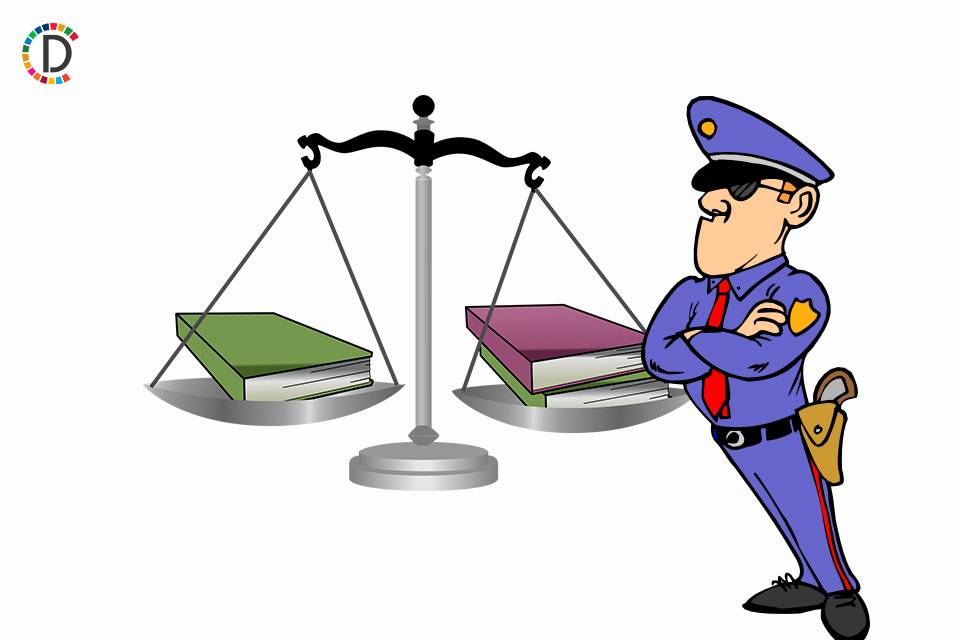Human Rights Group Demands Thailand Cease Coerced Repatriation of Dissidents
Human rights group urges Thailand to stop forcing dissidents to return home

- Country:
- Thailand
A leading international human rights organisation on Thursday urged the Thai government to stop forcing political dissidents who fled to Thailand for safety to return to authoritarian home countries, where they may face torture, persecution or death.
In a new report, Human Rights Watch said Thai authorities repeatedly violated international law by expelling the dissidents, many of whom were registered with the United Nations as refugees and were awaiting resettlement in third countries.
The report, titled "We Thought We Were Safe", analysed 25 cases that took place in Thailand between 2014 and 2023.
Many of the cases involved the forcible repatriation of Cambodians, with the suspected involvement of Cambodian security personnel. But the group also listed cases where dissidents from Vietnam, Laos and China were "tracked down and abducted," or "forcibly disappeared or killed".
The report said that in return for tracking down and returning the dissidents, the Thai government received cooperation from Laos, Cambodia and Vietnam to spy on Thai dissidents who had fled their own homeland to escape political repression.
Human Rights Watch called this a quid-pro-quo form of transnational repression "in which foreign dissidents are effectively traded for critics of the Thai government living abroad''.
The group said such arrangements, informally known as "swap mart'', became increasingly frequent after the Thai army staged a coup in 2024 ousting an elected government. Military and military-backed rule lasted 10 years, until an elected civilian government led by Prime Minister Srettha Thavisin took office last year.
"The Srettha administration should launch an investigation into these allegations of harassment, surveillance and forced returns of asylum seekers and refugees in Thailand. It should investigate the disappearance of Thai anti-junta activists in other Southeast Asian countries,'' Elaine Pearson, director of Human Rights Watch's Asia Division, told The Associated Press.
"I think there is an opportunity to end this practice and for the Srettha administration to show it is different from the previous military-led government,'' she added.
She noted that the Thai government is currently seeking a seat on the UN Human Rights Council "and that comes with responsibilities to protect human rights".
The report cited nine cases of Thai activists in Laos and Cambodia who were disappeared or killed in mysterious circumstances.
The mutilated bodies of two missing activists were found in late 2018 floating in the Mekong River. In 2020, a young Thai activist, Wanchalearm Satsaksit, was snatched off the street in the Cambodian capital Phnom Penh and never heard from again.
Thai authorities have repeatedly denied any connection with such events.
Dr Francesca Lessa, an associate professor in International Relations at University College London, said there were some parallels with the way autocratic governments in Latin America made agreements to work together to eliminate their political opponents on each other's soil in the late 1970s to 1980s.
"Whether they follow right or left ideologies, these autocratic governments consider opposition and dissent as constituting a threat to their survival in power and, thus, to be eliminated, whatever the means required," Lessa told the AP.
(This story has not been edited by Devdiscourse staff and is auto-generated from a syndicated feed.)










